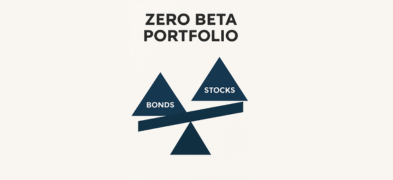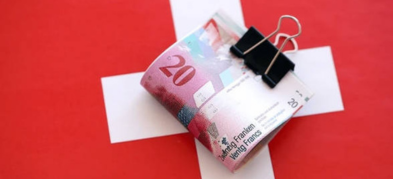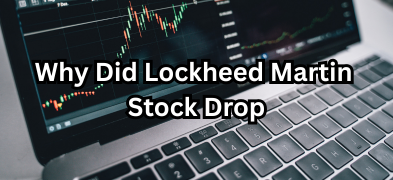Important Information
This website is managed by Ultima Markets’ international entities, and it’s important to emphasise that they are not subject to regulation by the FCA in the UK. Therefore, you must understand that you will not have the FCA’s protection when investing through this website – for example:
- You will not be guaranteed Negative Balance Protection
- You will not be protected by FCA’s leverage restrictions
- You will not have the right to settle disputes via the Financial Ombudsman Service (FOS)
- You will not be protected by Financial Services Compensation Scheme (FSCS)
- Any monies deposited will not be afforded the protection required under the FCA Client Assets Sourcebook. The level of protection for your funds will be determined by the regulations of the relevant local regulator.
Note: Ultima Markets is currently developing a dedicated website for UK clients and expects to onboard UK clients under FCA regulations in 2026.
If you would like to proceed and visit this website, you acknowledge and confirm the following:
- 1.The website is owned by Ultima Markets’ international entities and not by Ultima Markets UK Ltd, which is regulated by the FCA.
- 2.Ultima Markets Limited, or any of the Ultima Markets international entities, are neither based in the UK nor licensed by the FCA.
- 3.You are accessing the website at your own initiative and have not been solicited by Ultima Markets Limited in any way.
- 4.Investing through this website does not grant you the protections provided by the FCA.
- 5.Should you choose to invest through this website or with any of the international Ultima Markets entities, you will be subject to the rules and regulations of the relevant international regulatory authorities, not the FCA.
Ultima Markets wants to make it clear that we are duly licensed and authorised to offer the services and financial derivative products listed on our website. Individuals accessing this website and registering a trading account do so entirely of their own volition and without prior solicitation.
By confirming your decision to proceed with entering the website, you hereby affirm that this decision was solely initiated by you, and no solicitation has been made by any Ultima Markets entity.
I confirm my intention to proceed and enter this websiteDoes Switzerland Use the Euro Currency?
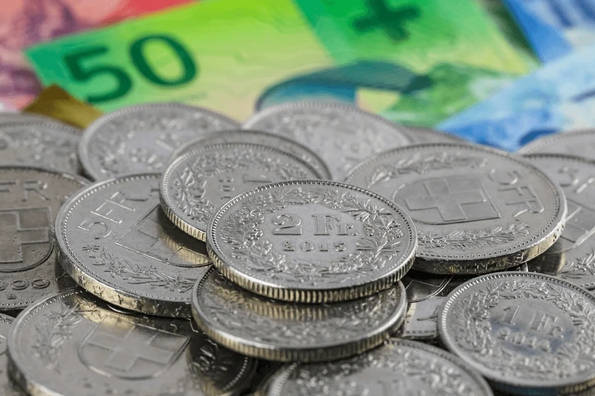
When we look at European markets, one question often arises: does Switzerland use the Euro? The short answer is no. Switzerland’s official currency is the Swiss franc (CHF), one of the world’s most stable and widely traded currencies managed by the Swiss National Bank (SNB).
For traders, this distinction matters: the franc is not just a domestic currency but one of the world’s leading safe-haven assets. Understanding why Switzerland holds on to the franc, and how it interacts with the euro, is key to navigating EUR/CHF.
Why Switzerland Stays Outside the Euro
Unlike its neighbours, Switzerland is not part of the European Union or the Eurozone. Swiss voters rejected joining the European Economic Area in a 1992 referendum, and since then the country has preferred to maintain monetary independence through bilateral agreements with the EU.
This independence allows the SNB, founded in 1907, to focus on one clear mandate: price stability. For an economy built on high-value exports such as pharmaceuticals, machinery, and financial services, having control over monetary policy is viewed as a competitive strength.
A Short History of the Swiss Franc
- 1850: Switzerland introduced the franc as a national currency, unifying the country’s fragmented cantonal money system.
- 1907: The SNB was established, taking charge of issuing banknotes and setting policy.
- 2011–2015: During the euro crisis, the franc’s safe-haven appeal drove massive inflows. To protect exporters and avoid deflation, the SNB imposed a minimum exchange rate of 1.20 EUR/CHF. On 15 January 2015, the SNB suddenly removed the peg, sending shockwaves through markets as the franc surged.
That event reinforced two lessons for traders: the franc is a currency of stability most of the time, but when policy shifts occur, moves can be extreme.

Switzerland and the Euro Area in Trade
Even without adopting the euro, Switzerland is tightly integrated with the EU. In 2024, the EU was Switzerland’s largest trading partner, accounting for €328 billion in goods trade, making Switzerland the EU’s fourth-largest partner overall. Exports include chemicals, pharmaceuticals, precision instruments, and machinery, while imports span energy, vehicles, and industrial inputs.
Because such a large share of Swiss revenues is earned in euros, EUR/CHF is one of the most closely watched FX pairs. A strong franc helps contain imported inflation but hurts exporters by making their goods more expensive abroad. This balancing act is at the core of SNB policy decisions.
How EUR/CHF Trades
For anyone asking “Does Switzerland use the Euro?” from a trading angle, the answer lies in how EUR/CHF behaves:
1. Safe-Haven Dynamics
When risk aversion rises, whether due to geopolitical shocks, financial stress, or equity sell-offs, investors often rotate into CHF. EUR/CHF tends to fall in these periods, reinforcing the franc’s role as a defensive currency.
2. Policy and Rate Differentials
The spread between SNB policy rates and European Central Bank (ECB) rates is critical. A hawkish ECB or stronger Eurozone inflation data can support EUR/CHF, while tighter SNB policy or softer Swiss inflation can push the pair lower.
3. SNB Signals
The SNB does not target a fixed exchange rate today, but its policy assessments, inflation forecasts, and foreign-currency reserves are market movers. Any sign that the central bank is more or less tolerant of franc strength can shift flows quickly.
4. Trade and Capital Flows
Export performance, watch and pharma shipments, and cross-border M&A all affect sentiment. Because Switzerland’s external balance is strong, even modest trade swings can amplify currency moves when markets are thin.
Trading Approaches
- Trend vs. Reversal: In mild risk-off phases, EUR/CHF often trends steadily lower. In more severe stress, rebounds can be sharp once intervention risk rises, rewarding contrarian trades.
- Event-Driven: ECB and SNB meeting weeks are prime catalysts. Traders often use options to manage tail risks around these events.
- Technical Anchors: EUR/CHF respects historical ranges, especially around levels defined by past SNB policy (such as the post-2015 troughs). Liquidity is deepest in European hours, while late-US and early-Asia trading can see faster gaps.
Final Thoughts
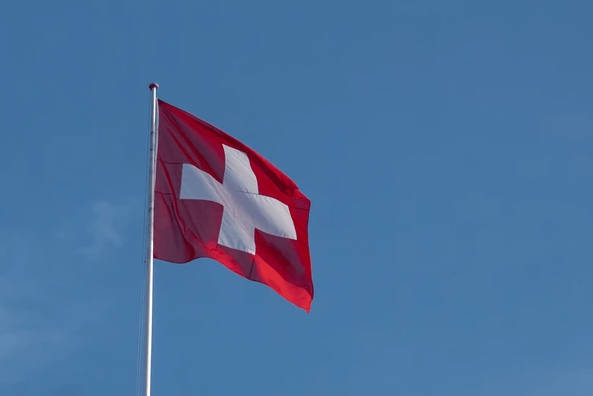
So, does Switzerland use the Euro? The answer remains no, and that choice has reinforced Switzerland’s global position as a financial safe haven. The Swiss franc has been the country’s currency since 1850, backed by an independent central bank that manages policy without external pressure.
At the same time, Switzerland’s economy is deeply intertwined with the Eurozone. This is why the EUR/CHF exchange rate is critical for traders, reflecting not just monetary policy but also trade flows and investor sentiment. Switzerland may not use the euro, but the euro’s influence on the franc is undeniable.
For anyone in finance, the lesson is clear: the answer to does Switzerland use the euro explains much more than currency choice, it explains why EUR/CHF is one of the most important pairs in global trading.
Disclaimer: This content is provided for informational purposes only and does not constitute, and should not be construed as, financial, investment, or other professional advice. No statement or opinion contained here in should be considered a recommendation by Ultima Markets or the author regarding any specific investment product, strategy, or transaction. Readers are advised not to rely solely on this material when making investment decisions and should seek independent advice where appropriate.



